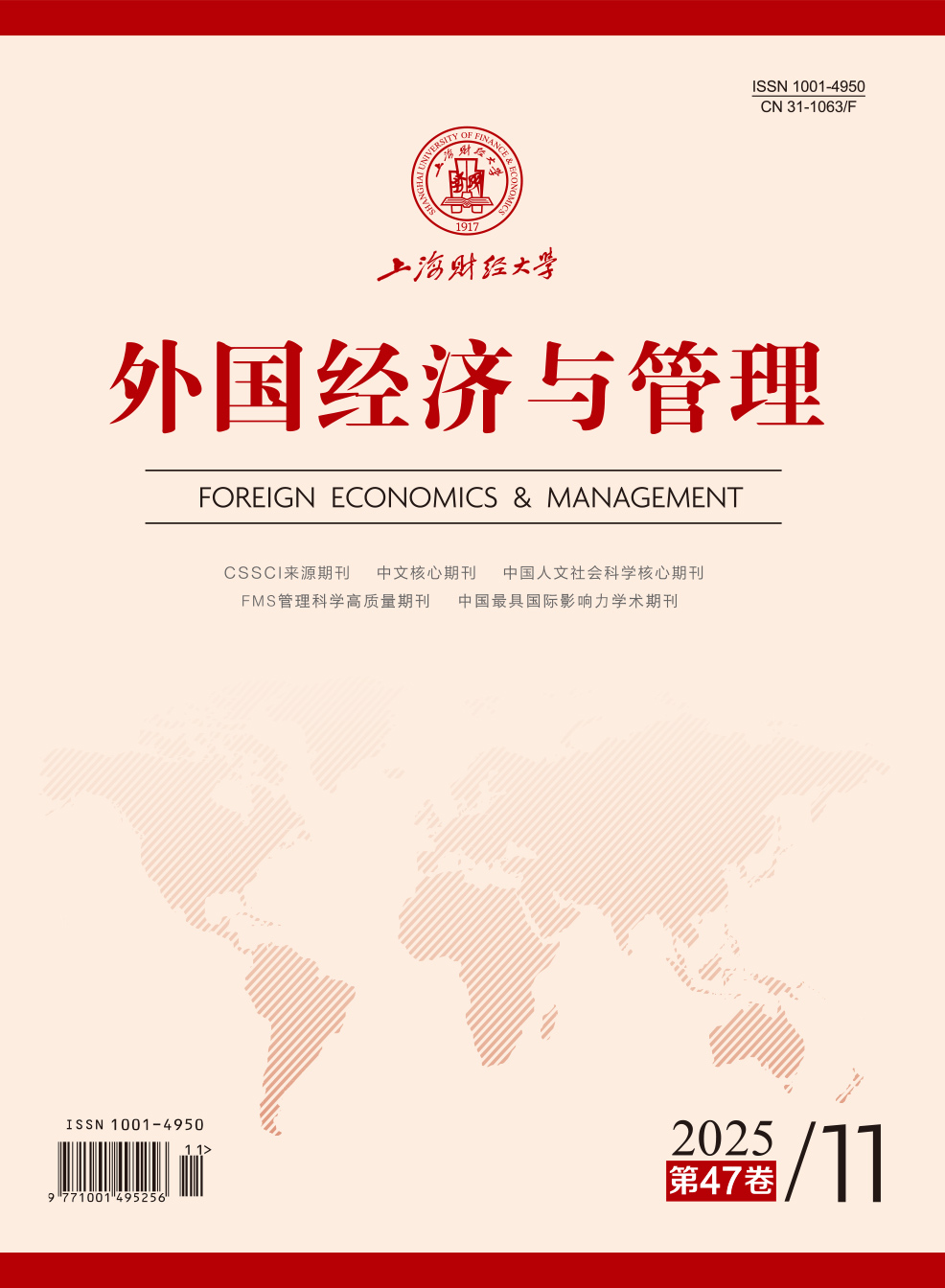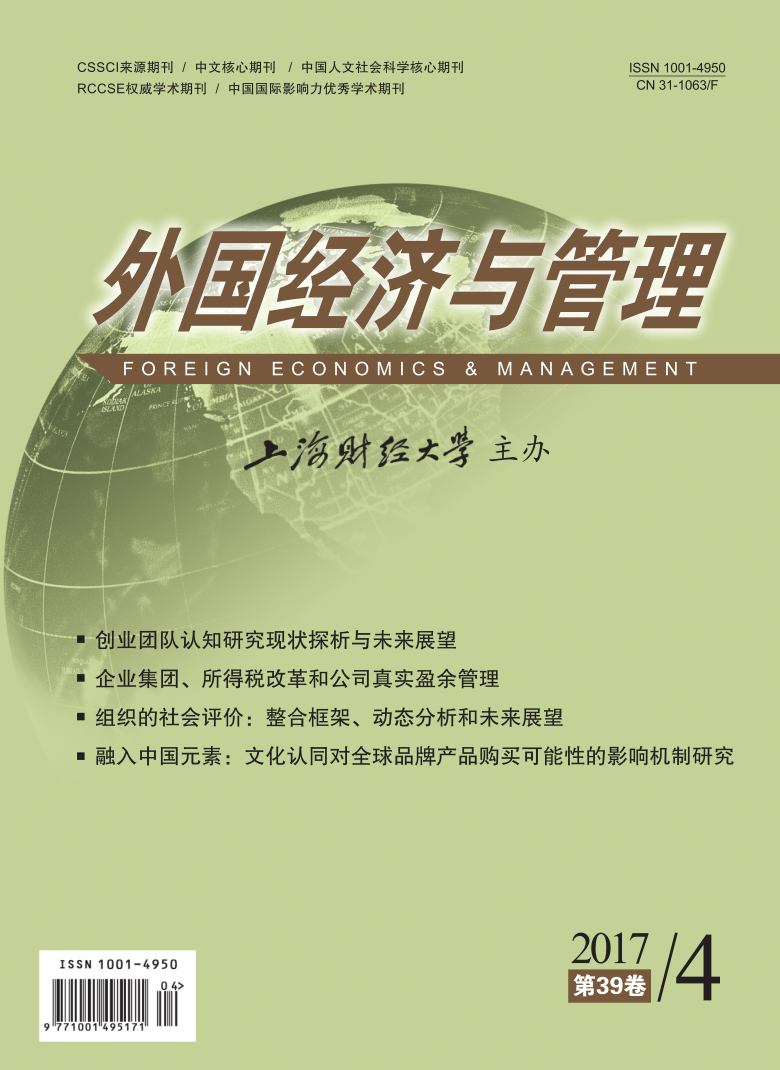This paper analyzes the differences in earnings management between business and non-business groups in one year after the enforcement of Reform of Income Tax Act in 2007. It finds that facing the reduction in taxes, business groups tend to choose real earnings management to reduce current earnings, Compared with non-business groups. The analysis based on debt contracts, capital market pressure, political costs and agency costs further shows that the negative real earnings management tends to be more serious in business groups with lower non-tax costs, non-state-owned background and higher divergence between cash flow right and control right. These conclusions provide evidence for tax collection, regulation in securities market, investment by investors, and so on.
 / Journals / Foreign Economics & Management
/ Journals / Foreign Economics & ManagementForeign Economics & Management
JIN Yuying, Editor-in-Chief
ZhengChunrong, Vice Executive Editor-in-Chief
YinHuifang HeXiaogang LiuJianguo, Vice Editor-in-Chief
Business Group, Income Tax Reform and Corporate Real Earnings Management
Foreign Economics & Management Vol. 39, Issue 04, pp. 25 - 40 (2017) DOI:10.16538/j.cnki.fem.2017.04.003
Abstract
References
Abstract
Cite this article
Hu Zhiying, Sun Li. Business Group, Income Tax Reform and Corporate Real Earnings Management[J]. Foreign Economics & Management, 2017, 39(4): 25–40.
Export Citations as:
For
ISSUE COVER
RELATED ARTICLES




 8254
8254  9651
9651

